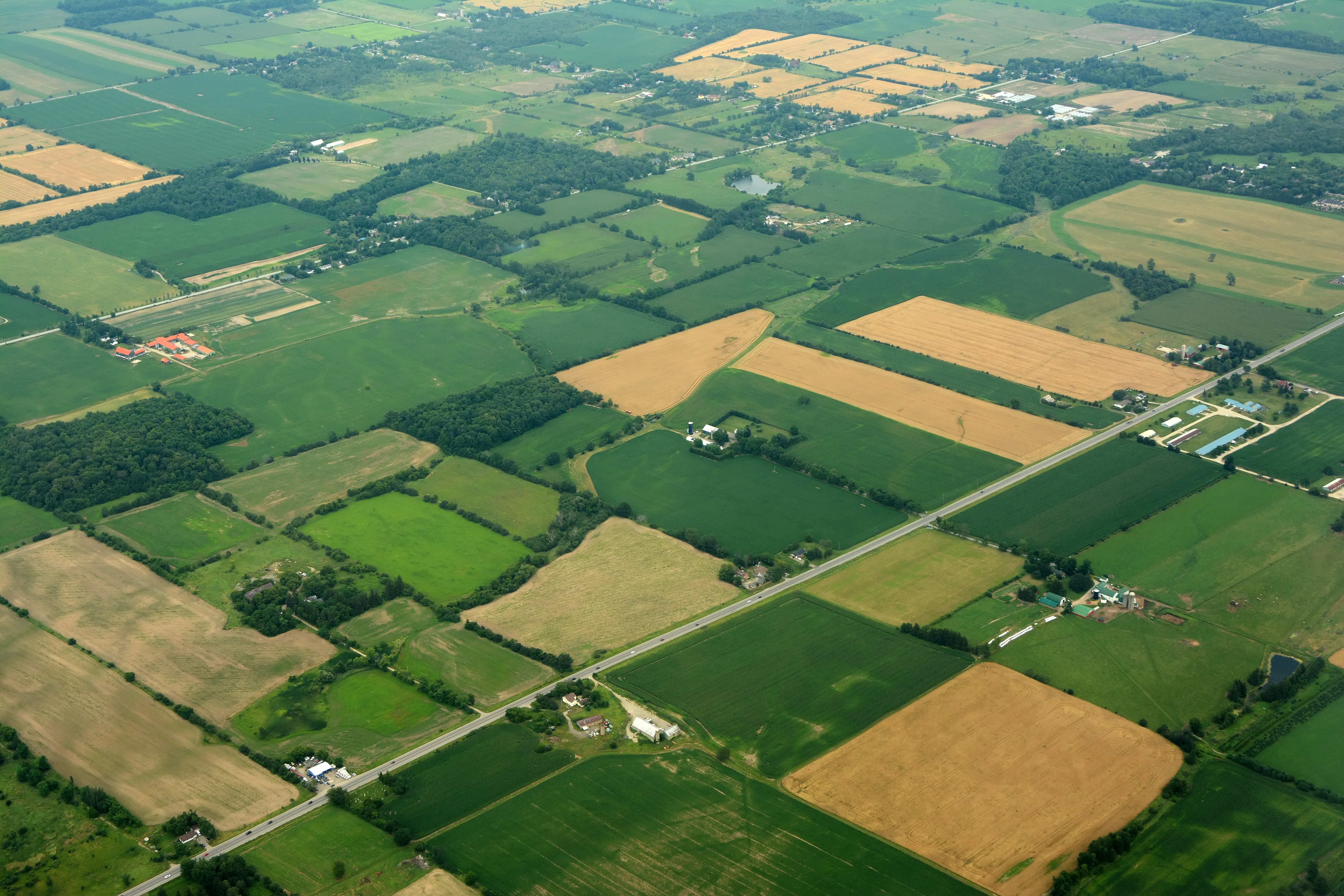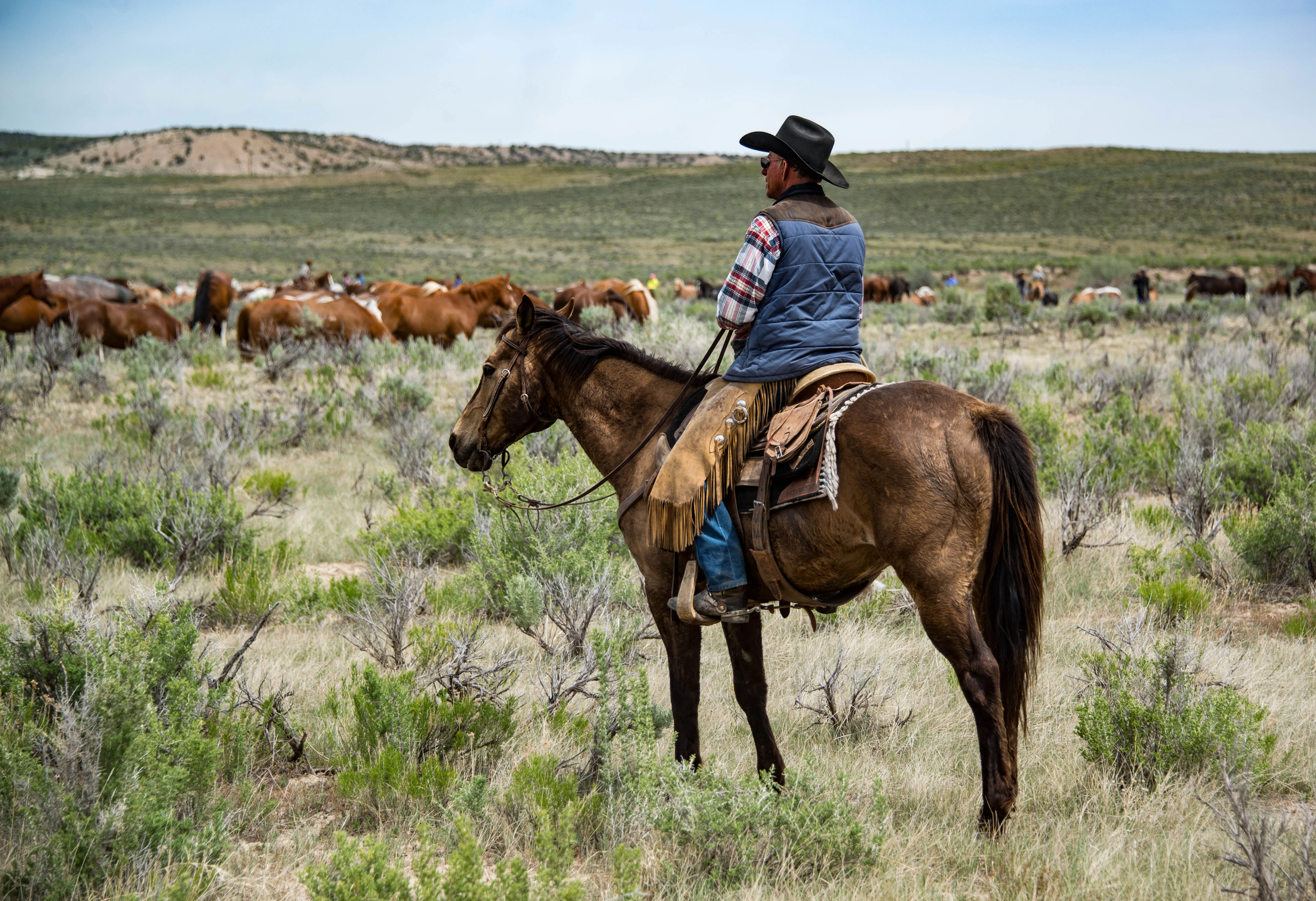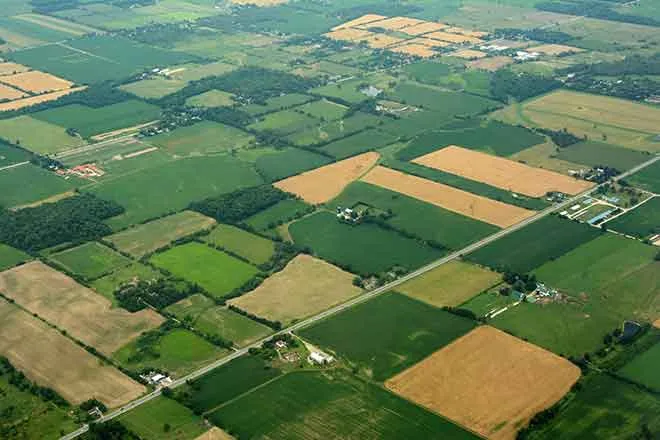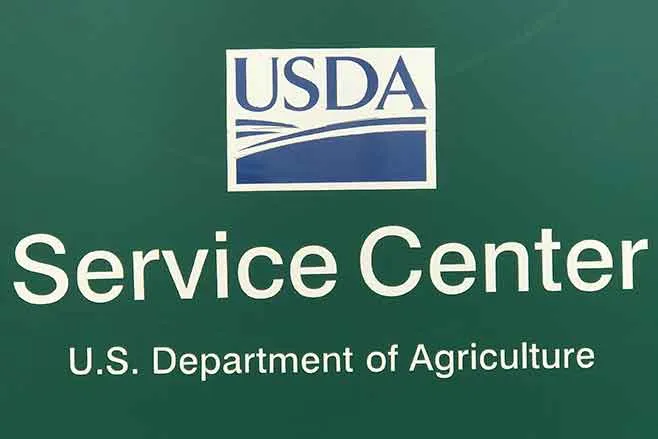
Rural Business Leader Points to Rural-Urban Interdependence
By Ben Rowley
The rugged independence of rural life provides a fertile environment for entrepreneurship, but rural economies depend on more than just sheer grit and determination to succeed.
Rural areas make extensive use of government programs. Rural broadband is partly made possible by a federal subsidy. More healthcare services are available thanks to a $400 million per year rural healthcare program. Sixteen percent of rural Americans have health insurance through the federally-funded medicaid program. And over 1.7 million rural individuals use the infamous Affordable Care Act marketplace to purchase health insurance, with most of them eligible for tax credits to bring their monthly premiums down.
But urbanites rely on rural economies as well. Agriculture and agriculture-related industries contribute around $1 trillion to the U.S. gross domestic product. The natural resources needed to produce energy and the land on which to build power plants and factories are generally found in rural locales. And there are many other ways rural contributions are relied on, making this not a relationship of dependence on either side, but of interdependence.
Diane Smith, founder of American Rural, a coalition of rural business leaders based in Whitefish, Mont. wants more people to recognize the rural-urban relationship.
“Rural America needs to stop telling the federal government that it doesn’t need its help,” she said in a recent interview. “We get subsidies for roads, hospitals, schools, broadband, a host of things. In return, our neighbors and friends in urban America get food, energy, to recreate in fabulous national parks, a military that vastly overrepresents rural America from our population statistics, and rural Americans are often the stewards of clean water.”
Smith calls those the five pillars of rural contribution: food, water, energy, recreation, and military. “In return, we need help with a lot of the industries that are density dependent, meaning that it only pencils out from a financial perspective if a lot of people are in the mix,” she said. “So when I hear rural Americans go, ‘oh that federal government, we don’t need it anymore, it needs to get out of the way,’ I find myself going, ‘be careful what you ask for.’”
She added, “I think we need to understand we can be rugged and we can be independent, but we can’t ignore the math of industries that don’t pencil for us on their own.”
Still, mistrust persists, partly due to the way policies in Washington D.C. are enacted, often without collaboration with the rural areas directly affected. One example is how the U.S. Environmental Protection Agency imposed energy restrictions, where new pollution laws caused hundreds of coal-fired power plants to retool or close, decimating rural economies.
“We need to be able to have these conversations about how policy affects us,” Smith said. “A lot of folks in small towns in rural America have just been whipsawed over the past few years with these sort of rapidly changing policies about energy development. Coal is in. Coal is out. Green is in. Green is less in. All of this stuff, it makes it very, very tough to build a bankable business.”
Another example is the designation of swaths of public land as national monuments by the stroke of a presidential pen. The most recent Bears Ears (Utah) and Gold Butte (Nevada) designations took new oil and gas development off the table on millions of acres. The designations, pushed for by conservation groups, were met with disdain from local, elected leaders. Utah Gov. Gary Herbert was “more than disappointed” in the action, adding that “President Obama has shown little regard for the input of every elected official in Utah who represents this area.”
Nevada Gov. Brian Sandoval said the use of the Antiquities Act in designating Gold Butte as a national monument “bypassed Congress and the public.” He added, “I believe our Congressional delegation should have had a primary role in working to build consensus as has been accomplished successfully in the past.”
Smith pointed to a need for governmental policies and good faith cooperation to strengthen rural business. She has been grappling with these types of issues for years now. After spending a career in D.C. as a corporate tech executive, she and her family moved to Montana and began building connections in her new, rural setting. She started a company that now employs hundreds of people, self-published a book about rural business opportunities (TheNewRural.com), ran for congress and maintains that “there’s never been a better time to live and work in Rural America.”
She is also realistic about the tough issues that must be dealt if rural economies are to thrive. One policy that needs a revamp, according to Smith, is government support for entrepreneurship and startups. During the recession a lot of attention was focused on hubs like Silicon Valley and Boston - places that had captivated the media as job-creating meccas. Meanwhile, entrepreneurs in other parts of America needed assistance, but were off the national radar.
“Certainly we’ve seen a lot of growth and a lot of hard-won success in a lot of unlikely places, and yeah I thought they were pretty much ignored during the recession,” Smith said.
If the goal is creating jobs, more resources from the U.S. Small Business Administration (SBA) should go to rural startups. Data shows that startups are the creator of most new jobs in America. To give them a boost, Smith suggested improving tax treatment to those investing in new businesses and loosening up SBA financing so startups are able to access needed capital.
She added, “Any time we can streamline regulation for startups, that’s a really big thing, because you know what startups can’t afford? Regulatory lawyers.” Smith also wonders why tax credits are given to businesses hoping to generate entrepreneurs. “You know what entrepreneurs don’t have? Taxable income. So giving them a tax credit doesn’t do them much good.”
Capital and taxes aside, there are foundational policies key to rural business success that government must get right. Broadband expansion, healthcare and education are key to giving rural areas a fair shake in a 21st century economy.
For broadband, that means continuing to subsidize the building of infrastructure so rural economies can connect with a global economy. Programs like the U.S. Department of Agriculture's Community Connect Grants, which help fund broadband deployment into rural communities, are vital.
“It just doesn’t make sense to say in a state like Montana, you’re the fourth largest state in the country, you have fewer than a million people, but hey it’s ok, you can pay for all of your own broadband, that will just pencil out,” Smith said. “It won’t. Unless we all want to pay $700 a month for broadband.”
For healthcare, it means funding for technology to connect patients in remote areas with specialists far away, using the local clinic’s telehealth system.
“I want to make sure that our veterans and our residents have access to really good healthcare, even if maybe it's being provided in some measure remotely.”
For education, it means instituting curriculum that prepares students for a new kind of workplace, one that is gravitating away from the 9 to 5 jobs to more project-based careers. Curriculum should include more entrepreneurial themes, like the fundamentals of supply and demand, according to Smith.
“I’ve had a pretty big career in my life,” she said. “I use economics every day. I haven’t used algebra since high school.”
Despite the challenges, Smith sees ample opportunities.
“Our country and our workers have suffered a lot of dislocation.” She added, “We’re going to have to talk a lot about how to make that dislocation and that change work for people, but I think that for folks that are willing to take some risks and really put their shoulders behind a project and believe in it and work every day on pushing that rock up the hill, I think that there’s success to be had out there.”
A major part of the equation is a good working relationship between rural economies and the federal government. Such a relationship can produce the policies and resources that strengthen rural business.
“Looking backwards is rarely the way to get to where you’re going,” Smith said. “And looking forward is what you have to do.”
Ben Rowley is a journalist and rural entrepreneur. Find more rural business content at RuralBusinessHQ.com.
















